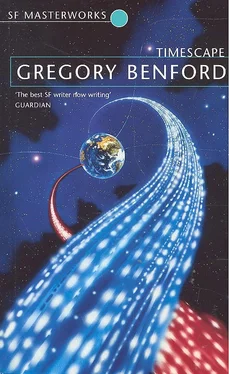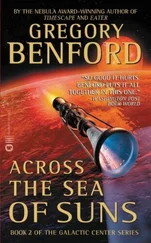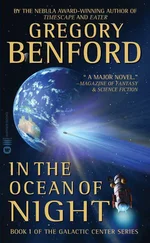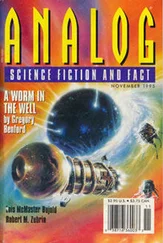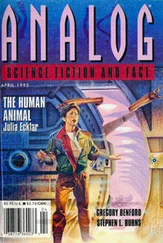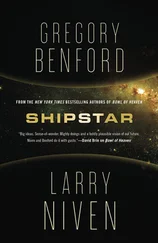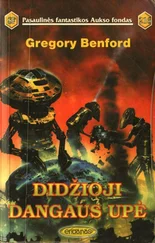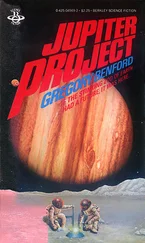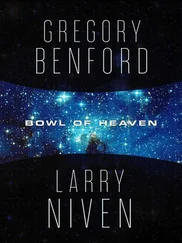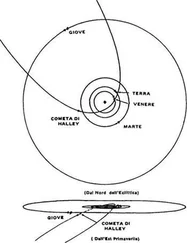After dinner the five of them debated going to a movie together. Penny wanted Last Year at Marienbad and Boyle favored Lawrence of Arabia , contending that since he only saw one film a year he might as well take in the best. They voted in favor of Lawrence , four to one. As they left the restaurant Gordon hugged Penny in the parking lot outside, thinking, as he leaned to kiss her, of the smell of her in bed. “I love you,” he said.
“You’re welcome,” she replied, smiling.
• • •
It seemed afterward, as he lay beside her, that he had turned her on the lathe of the light slanting in from the window, reforming her in an image that was fresh each time. He shaped her with his hands and tongue. She, in turn, guided and molded him. He thought he could sense in her sure moves and choices, first this way and then that, past imprints of the lovers she had known before. Strangely, the thought did not bother him, though he felt that in some way it should. Echoes of other men came from her. But they were gone now and he was here; it seemed enough.
He panted slightly, reminding himself that he ought to get down to the beach and run more often, and studied her face in the dim gray street light that leaked into their bedroom. The lines of her face were straight, without strategies, the only curves a few matted damp strands of hair across her cheek. Graduate student in literature, dutiful daughter to an Oakland investor, by turns lyrical and practical, with a political compass that saw virtues in both Kennedy and Gold water. At times brazen, then timid, then wanton, appalled at his sensual ignorance, reassuringly startled by his sudden bursts of sweaty energy, and then soothing with a fluid grace as he collapsed, blood thickening, beside her.
Somewhere, someone was playing a thin song, Peter, Paul, and Mary’s “Lemon Tree.”
“Goddam, you’re good,” Penny said. “On a scale of one to ten, you get eleven.”
He frowned, thinking, weighing this new hypothesis. “No, it’s we who are good. You can’t separate the performance from the players.”
“Oh, you’re so analytical.”
He frowned. He knew that with the conflicted girls back east it would have been different. Oral sex would have been an elaborate matter, requiring much prior negotiation and false starts and words that didn’t fit but would have to do: “What about if we, well…” and “If, you know, that’s what you want…”—all leading to a blunt incident, all elbows and uncomfortable positions that, once assumed, you feared to change out of sheer unspoken embarrassment. With the intense girls he had known, all that would have had to happen. With Penny, no.
He looked at her and then at the wooden walls beyond. A puzzled concern flickered across his face. He knew this was where he should be urbane and casual, but it seemed more important now to get it right. “No, it’s not me or you,” he repeated. “It’s us.”
She laughed and poked him.
CHAPTER EIGHT

OCTOBER 14, 1962
GORDON THUMBED THROUGH THE STACK OF MAIL IN his slot. An ad for a new musical, Stop the World—I Want to Get Off , forwarded by his mother. Not likely he’d be making it to the fall openings on Broadway this year; he dropped the ad in the trash. Something called the Citizens for Decent Literature had sent him a gaudy booklet, detailing the excesses of The Carpetbaggers and Miller’s Tropic of Capricorn . Gordon read the excerpts with interest. In this forest of parting thighs, wracking orgasms, and straightforward gymnastics he could see nothing that would corrupt the body politic. But General Edwin Walker thought so, and Barry Goldwater made a cameo appearance as savant with a carefully worded warning about the erosion of public will through private vice. There was the usual guff about the analogy between the US and the decline of the Roman Empire. Gordon chuckled and threw it away. It was another civilization entirely, out here in the west. No censorship group would ever solicit university staff for contributions on the east coast; they’d know it was futile, a waste of postage. Maybe out here these simpletons thought the Roman Empire line would appeal even to scholars. Gordon glanced through the latest Physical Review , ticking off papers he would read later. Claudia Zinnes had some interesting stuff about nuclear resonances, with clean-looking data; the old group at Columbia was keeping up their reputation.
Gordon sighed. Maybe he should have stayed on at Columbia on a postdoc, instead of taking the leap into an Assistant Professorship so early. La Jolla was a high-powered, competitive place, hungry for fame and “eminence.” A local magazine ran a monthly feature titled A University on Its Way to Greatness , full of hoopla and photos of professors peering at complicated instruments, or ruminating over an equation. California goes to the stars, California leaps ahead, California trades bucks for brains. They’d gotten Herb York, who used to be the Deputy Director of the Defense Department, to come in as the first Chancellor of the campus. Harold Urey came, and the Mayers, then Keith Brueckner in nuclear theory, a trickle of talent that was now turning into a steady stream. In such waters a fresh Assistant Professor had all the job security of live bait.
Gordon walked down the third floor hallways, looking at the names on the doors. Rosenbluth, the plasma theorist some thought was the best in the world. Matthias, the artist of low temperatures, the man who held the record for the superconductor with the highest operating temperature. Kroll and Suhl and Piccioni and Feher, each name summoning up at least one incisive insight, or brilliant calculation, or remarkable experiment. And here, at the end of the fluorescent and tiled sameness of the corridor: Lakin.
“Ah, you received my note,” Lakin said when he answered Gordon’s knock. “Good. We have decisions to make.”
Gordon said, “Oh? Why?” and sat down across the desk from Lakin,-next to the window. Outside, bulldozers were knocking over some of the eucalyptus tree; in preparation for the chemistry building, grunting mechanically.
“My NSF grant is coming up for renewal,” Lakin said significantly.
Gordon noticed that Lakin did not say “our” NSF grant, even though he and Shelly and Gordon were ail investigators on the grant. Lakin was the man who okayed the checks, the P.I. as the secretaries always put it—Principal Investigator. It made a difference. “The renewal proposal isn’t due in until around Christmas,” Gordon said. “Should we start writing it this early?”
“It’s not writing I’m talking about. What are we to write about?”
“Your localized spin experiments—”
Lakin shook his head, a scowl flickering across his face. “They are still at an exploratory stage. I cannot use them as the staple item.”
“Shelly’s results—”
“Yes, they are promising. Good work. But they are still conventional, just linear projections of earlier work.”
“That leaves me.”
“Yes. You.” Lakin steepled his hands before him on the desk. His desk top was conspicuously neat, every sheet of paper aligned with the edge, pencils laid out in parallel.
“I haven’t got anything clear yet.”
“I gave you the nuclear resonance problem, plus an excellent student—Cooper—to speed things up. I expected a full set of data by now.”
“You know the trouble we’re having with noise.”
“Gordon, I didn’t give you that problem by accident,” Lakin said, smiling slightly. His high forehead wrinkled in an expression of concerned friendliness. “I thought it would be a valuable boost to your career. I admit, it is not precisely the sort of apparatus you are accustomed to. Your thesis problem was more straightforward. But a clean result would clearly be publishable in Phys Rev Letters , and that could not fail to help us with our renewal. And you, with your position in the department.”
Читать дальше
